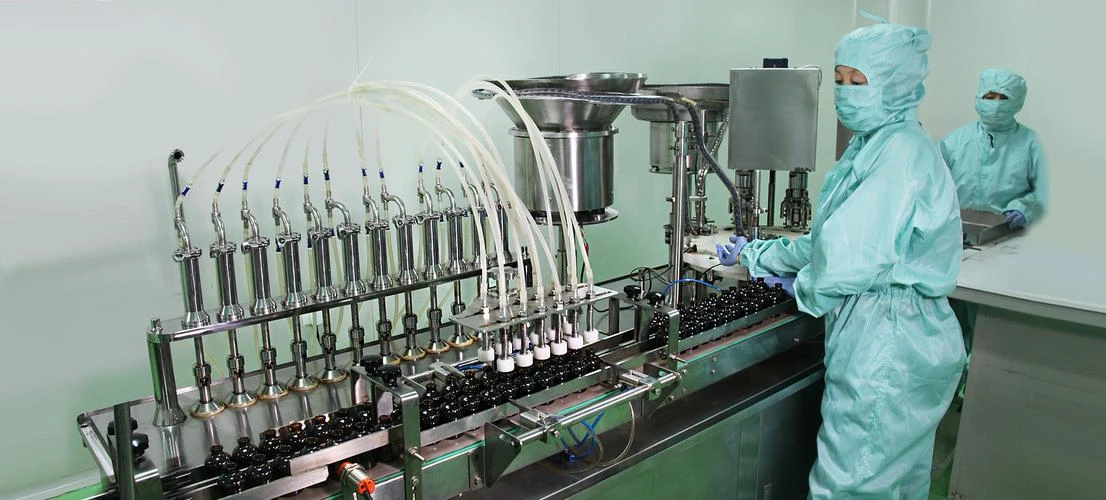- Afrikaans
- Albanian
- Amharic
- Arabic
- Armenian
- Azerbaijani
- Basque
- Belarusian
- Bengali
- Bosnian
- Bulgarian
- Catalan
- Cebuano
- Corsican
- Croatian
- Czech
- Danish
- Dutch
- English
- Esperanto
- Estonian
- Finnish
- French
- Frisian
- Galician
- Georgian
- German
- Greek
- Gujarati
- Haitian Creole
- hausa
- hawaiian
- Hebrew
- Hindi
- Miao
- Hungarian
- Icelandic
- igbo
- Indonesian
- irish
- Italian
- Japanese
- Javanese
- Kannada
- kazakh
- Khmer
- Rwandese
- Korean
- Kurdish
- Kyrgyz
- Lao
- Latin
- Latvian
- Lithuanian
- Luxembourgish
- Macedonian
- Malgashi
- Malay
- Malayalam
- Maltese
- Maori
- Marathi
- Mongolian
- Myanmar
- Nepali
- Norwegian
- Norwegian
- Occitan
- Pashto
- Persian
- Polish
- Portuguese
- Punjabi
- Romanian
- Russian
- Samoan
- Scottish Gaelic
- Serbian
- Sesotho
- Shona
- Sindhi
- Sinhala
- Slovak
- Slovenian
- Somali
- Spanish
- Sundanese
- Swahili
- Swedish
- Tagalog
- Tajik
- Tamil
- Tatar
- Telugu
- Thai
- Turkish
- Turkmen
- Ukrainian
- Urdu
- Uighur
- Uzbek
- Vietnamese
- Welsh
- Bantu
- Yiddish
- Yoruba
- Zulu
نوفمبر . 17, 2024 14:54 Back to list
colistin sulphate powder for poultry
The Role of Colistin Sulphate Powder in Poultry Health Management
In the constantly evolving field of poultry farming, the health and productivity of birds are paramount. Many factors contribute to this, including nutrition, genetics, and environmental conditions. However, one of the most critical aspects of poultry health management is disease prevention and treatment. In recent years, colistin sulphate powder has gained attention as a vital antibiotic in veterinary medicine, particularly in the poultry industry. This article will explore the role of colistin sulphate powder in poultry farming, its benefits, potential risks, and future considerations.
What is Colistin Sulphate Powder?
Colistin sulphate is an antibiotic that belongs to the polymyxin class of antibiotics. It is primarily effective against Gram-negative bacteria, including some of the most common pathogens that affect poultry. Colistin is produced by the bacterium *Paenibacillus polymyxa* and works by disrupting the bacterial cell membrane, leading to cell death. In poultry, it is typically administered in powder form, which makes it easy to incorporate into feed or water.
Benefits of Colistin Sulphate in Poultry Farming
1. Control of Bacterial Infections Colistin sulphate is particularly effective in controlling infections caused by gram-negative bacteria such as *Escherichia coli* and *Salmonella*. These pathogens can lead to severe health issues, decreased productivity, and increased mortality rates in poultry.
2. Improving Feed Efficiency The administration of colistin sulphate in subtherapeutic doses can enhance feed efficiency in poultry. Healthier birds that are less afflicted by infections tend to grow faster and convert feed into body mass more effectively, which is a significant advantage for farmers aiming to maximize their production.
3. Reducing Treatment Costs By preventing outbreaks of bacterial diseases and maintaining flock health, colistin sulphate can save poultry farmers money. The cost of treatment and loss from reduced productivity can far exceed the expenses related to incorporating colistin into feed.
colistin sulphate powder for poultry

Risks and Concerns
Despite its benefits, the use of colistin sulphate in poultry farming is not without risks. One of the primary concerns is the development of antibiotic resistance. The overuse or misuse of antibiotics in livestock can lead to the emergence of resistant bacterial strains, which can transfer to humans through the food chain or environmental exposure. This is particularly alarming in the case of colistin, which has been deemed a last resort antibiotic for treating multidrug-resistant infections in humans.
Another concern is the regulatory scrutiny surrounding the use of colistin. Several countries have implemented stringent measures to limit or ban the use of certain antibiotics in food-producing animals. This shift is driven by public health initiatives aiming to combat antibiotic resistance on a broader scale.
Future Considerations
As the poultry industry grapples with the challenges of antibiotic resistance, the focus is shifting towards alternative approaches for maintaining bird health. The future of colistin sulphate powder might lie in its judicious use alongside other strategies, such as improved biosecurity measures, better hygiene practices, and the incorporation of probiotics and prebiotics into poultry diets.
Research is also ongoing into developing vaccines that can thwart the pathogens that colistin traditionally targets. These vaccines would reduce the reliance on antibiotics and thereby mitigate the risks associated with antibiotic resistance.
Conclusion
Colistin sulphate powder has been a significant player in the poultry industry, providing essential support in managing bacterial infections and enhancing productivity. However, its role is under scrutiny due to the rising concerns surrounding antibiotic resistance and food safety. The future of poultry health management may require a balanced approach—leveraging the benefits of colistin while exploring alternative strategies and adhering to responsible antibiotic practices. Moving forward, the industry must prioritize both the health of poultry and the safeguarding of public health to ensure sustainable farming practices and a secure food supply.
-
Guide to Oxytetracycline Injection
NewsMar.27,2025
-
Guide to Colistin Sulphate
NewsMar.27,2025
-
Gentamicin Sulfate: Uses, Price, And Key Information
NewsMar.27,2025
-
Enrofloxacin Injection: Uses, Price, And Supplier Information
NewsMar.27,2025
-
Dexamethasone Sodium Phosphate Injection: Uses, Price, And Key Information
NewsMar.27,2025
-
Albendazole Tablet: Uses, Dosage, Cost, And Key Information
NewsMar.27,2025













